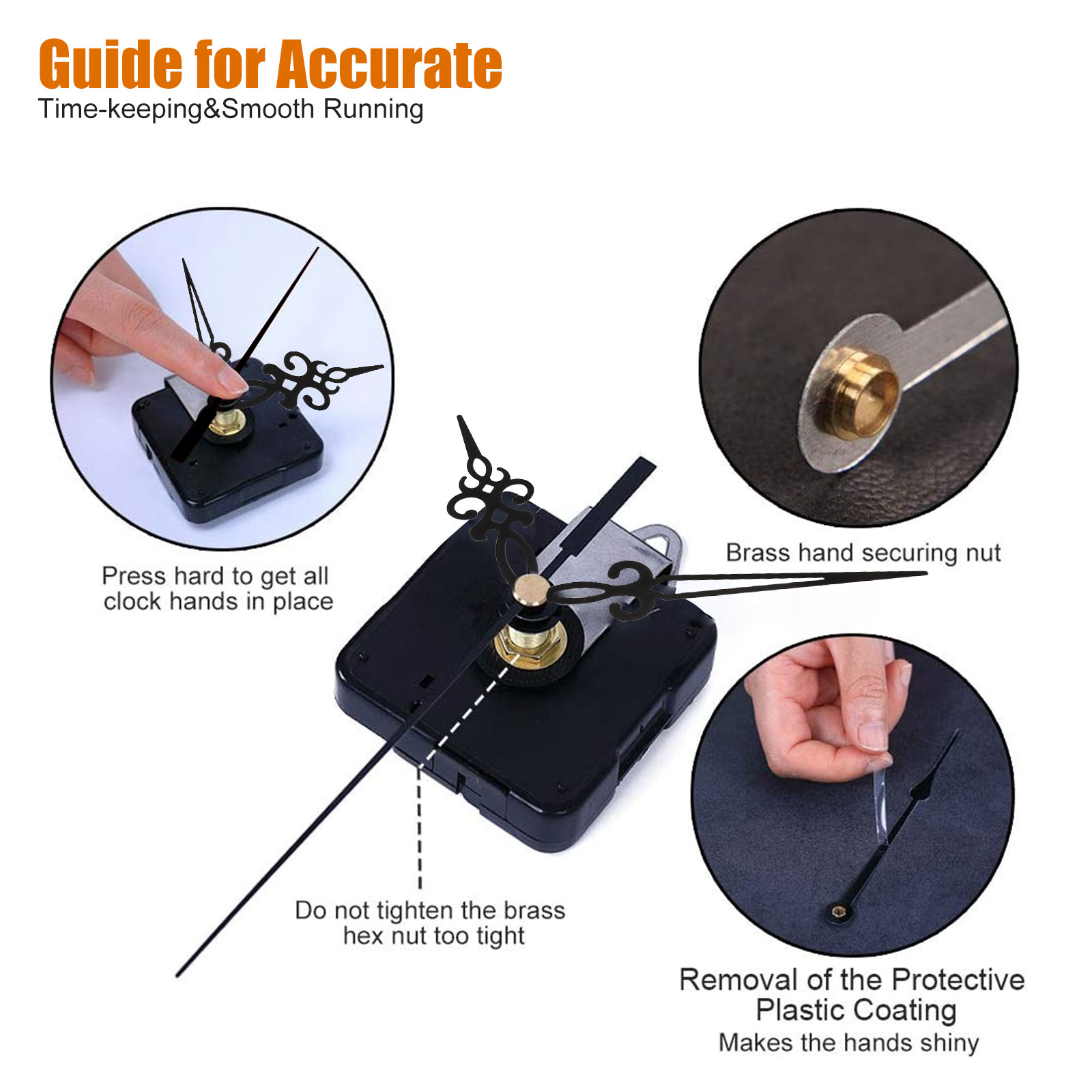
Sleepwave uses patent-pending “silent sonar” technology to detect movement by transmitting a silent sound wave from a phone’s speaker and listening to the reflections, enabling highly accurate motion tracking within 2m of a phone. The app’s technology powers accurate, contactless sleep tracking and an improved wake-up experience from a phone beside your bed. Sleepwave is a new revolutionary motion-sensing smart alarm and sleep tracking app that wakes users up feeling fresh. Whenever we move in bed, our brain is naturally more alert and so by connecting the alarm to our body movements, we can transform the quality of our wake up.” The issue with fixed-time alarms is that they often sound at a bad moment for our brains, which can cause sleep inertia and feelings of grogginess. Jules Goldberg adds : “This survey highlights the need for technology that can help improve the quality of people’s morning wake up.

It has also been revealed that the older you are the less likely you are to snooze and the demographic struggling the most claiming to snooze every day are 25 to 44 year-olds (31 %). One in five snooze their alarm daily (22 %), 11 % snooze their alarm more than half the time, and 21 % a few days a week. The survey found that almost half of the respondents (47 %) hated the sound of their alarm and more than fifty % admitted to snoozing regularly. This is not an easy problem to solve as doing it properly requires motion-sensing technology to detect how deeply we are sleeping.”

Whilst there are many apps that focus on helping people fall asleep, relatively few focus on improving how we wake up. A bad wake-up might explain why you spilled your morning coffee or why it took you a few hours to feel fully awake. Jules Goldberg, Founder and CEO of Sleepwave says: “Lingering tiredness can set our day up poorly and impact productivity. With the rise of sleep aids and tracking devices focussing on setting you up to fall asleep with ease, there is an area of sleep health that tends to get overlooked: the quality of our morning wake-up.

14 % don’t wake up feeling fresh four to six times a week, and almost another quarter (23 %) struggle two to three days a week. The fully-representative survey of 2,000 people across the UK found that one in four people (25 %) are waking up feeling groggy every day. A new national survey commissioned by Sleepwave and carried out by YouGov has revealed that British adults are struggling with their morning wake-up, with 62 % claiming they have difficulty waking up more than twice a week and almost half claiming they hate the sound of their alarm clock.


 0 kommentar(er)
0 kommentar(er)
